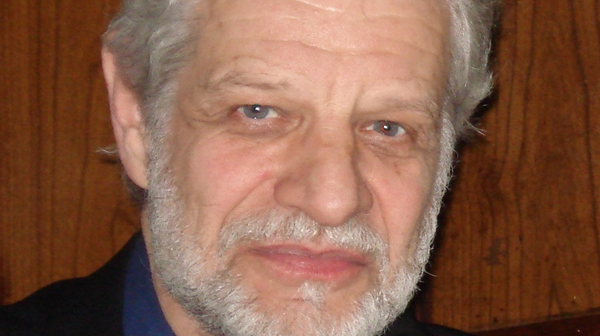
Rajiv Vaidya Memorial Lecture 2012: Germany in the 1920s: Expanding the Film Avant-Garde beyond the Political Divide
Thomas Elsaesser, senior fellow, International College of Cultural Technologies and Media Theory, Weimar, Germany. In this Rajiv Vaidya Memorial Lecture recorded on December 2, 2012, cultural historian Thomas Elsaesser, one of our most creative and unconventional thinkers on cinematic culture, film history, and digital media, speaks on the interconnections between the cinematic avant-gardes of the 1920s and modernist architecture, the nonfiction film, and advertising. Among Elsaesser’s twenty 20 authored and edited books is an in-depth study of German cinema in the 1920s, Weimar Cinema and After: Germany’s Historical Imaginary,; a monograph on Fritz Lang’s masterpiece Metropolis,; and European Cinema: Face to Face with Hollywood, covering a broad range of topics from film festivals to national cinemas, and from the high-/low culture debate to the cinematic auteurs of France, Britain, and Germany. Elsaesser’s illustrated lecture included advertisements and industrial films from the interwar period that were influenced by avant-garde cinematic techniques, and was followed by concluded with a screening of a new digital restoration of Walter Ruttmann’s classic 1929 film Melodie der Welt.